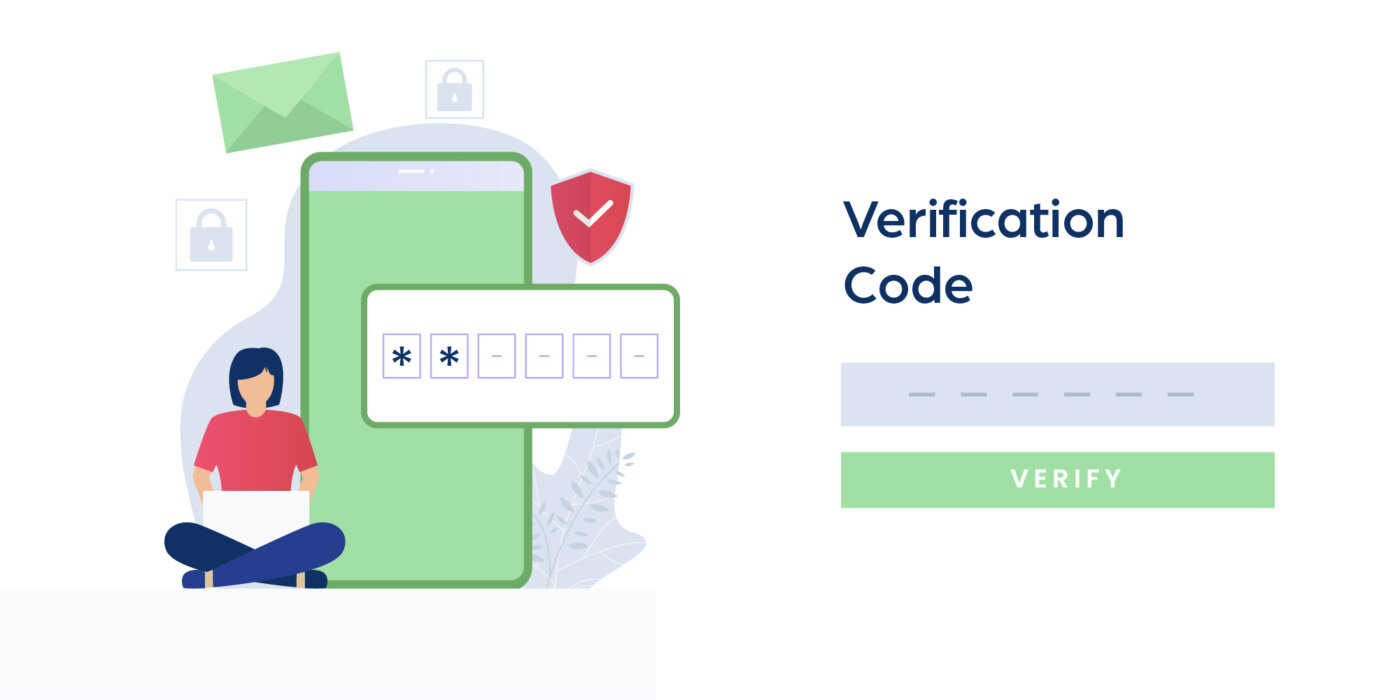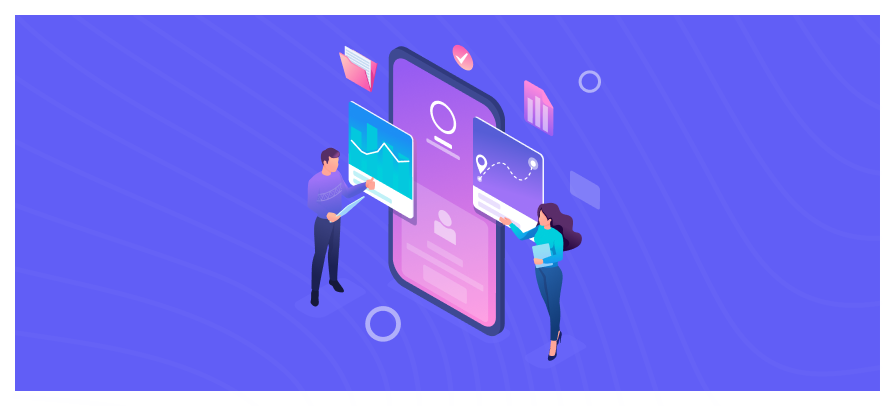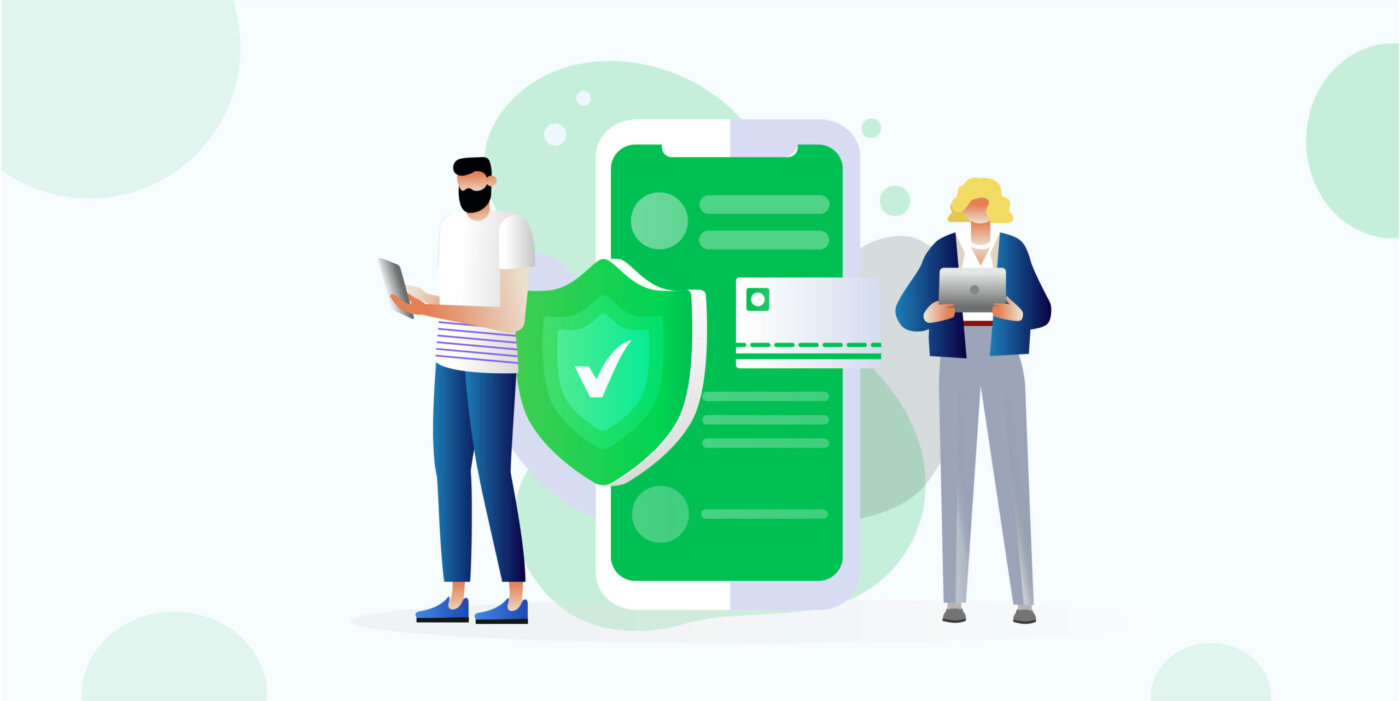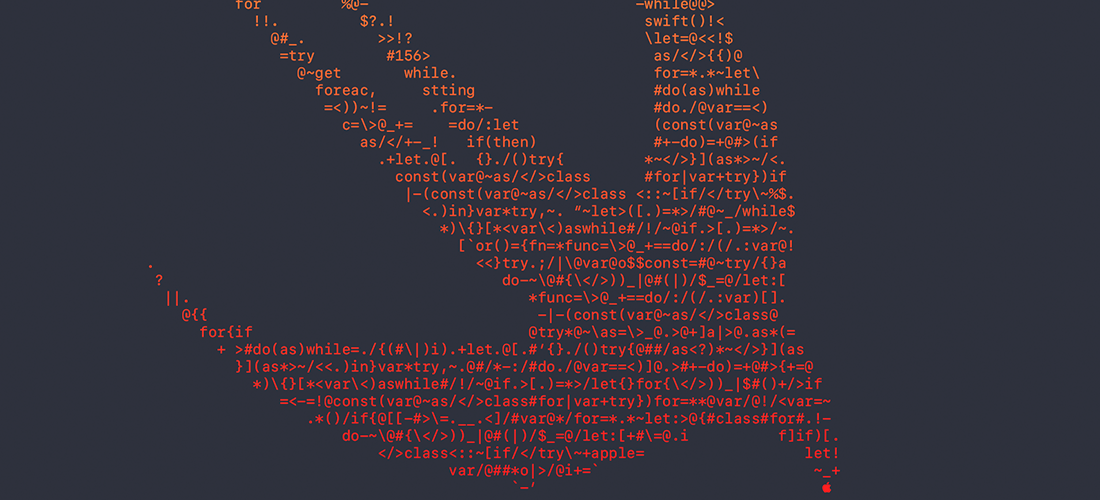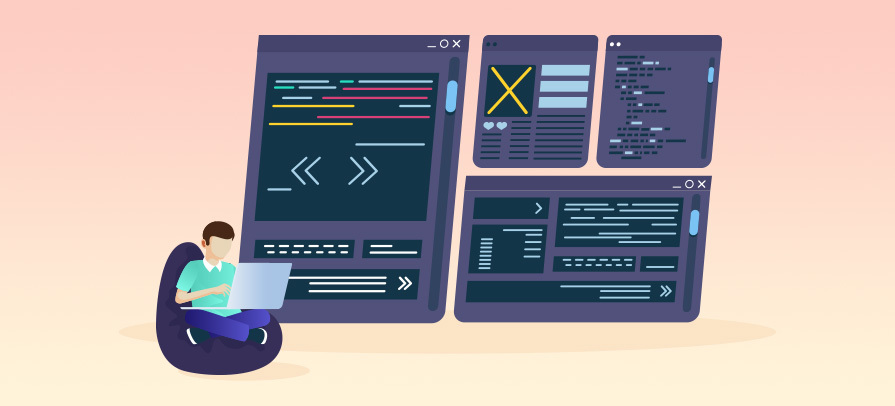
18 January 2021
5 Tips for Developers Who Are on the Road to Success
The field of software development is extremely diverse and it continues to grow every year. More and more people are entering the industry every day and there are many different ways of doing it. Some choose to go to college/university to pursue a degree, some go to coding boot camps for a crash course, and some are completely self-taught. But no matter where you start out, the necessary methods and habits to keep you going remain the same. That’s why we decided to list a few tips for developers – new and enthusiasts alike.
Software development is an ever-evolving field, where there’s always something new to learn. New languages, frameworks, and technologies are developed and deemed obsolete in a very few short years. To keep up with this fast pace of innovation, new developers need to be on the lookout for where the industry is shifting towards and get ahead of the competition by jumping into the new technologies first.
Here are five tips to help you start your coding journey and become a successful software developer.
1. There is no best way to learn
A lot of people who are just starting out are asking the same question: What’s the best way to learn a programming language? If you ask this question to 10 veteran programmers, chances are, you’ll get 10 different answers.
People differ in their methods of learning. Some are visual learners, some learn by reading, some just follow tutorials. All of these methods are perfectly viable, but there’s a common aspect between them: practice. Think about which method is more enjoyable and effective for you and just delve into it and build something, no matter how small it is. And practice. Build something else. Gather more information. Rinse and repeat.
Remember, there’s no magic method to do anything, and there’s a learning curve to anything worthwhile.
2. Don’t limit yourself to only one language or framework
When you’re first getting your hands dirty with programming, you’ll probably focus on one language. And that’s great for learning the fundamentals of programming. That’s how everyone starts out. Getting the hang of a language, or even being really good at it is important, sure, but focusing on only one language or framework and refusing to delve into others is counterproductive in the long run.
It’s not uncommon that programmers go back and forth different languages all the time. In a development environment, different tasks call for different languages. Not only that, languages and frameworks go in and out of favor relatively quickly in the software world and you always need to keep an eye out for the next big thing. Once you feel comfortable with your first language that is. The rest will come naturally.
3. Don’t spread yourself too thin either
When you first decide on a language and a framework, you should only focus on these for a while. Attempting to learn everything at once will burn you out very quickly. Being able to keep your focus on one thing until you’re confident is a serious asset. Jumping from one thing to another constantly will seriously hinder your ability to deep dive into one language.
That said, you will eventually come across a situation that requires you to use another language or framework. Armed with the knowledge of your mastery in one language, you’ll be able to learn and be competent in another language way easier than starting from scratch. The syntax may differ, but the underlying principles of programming will be more or less the same.
4. It’s OK to struggle and ask for help
If you encounter a problem while working on your project, remember that the forums available on the internet are your friends.
The best way of going about asking questions on the internet is determining if that question has been asked before. Chances are, someone else has had the same problem you’re having and asked for help. Programming forums are a treasure trove of answered questions and you’ll probably find the solution you’re looking for just by using your favorite search engine.
If you still can’t find a relevant topic, it’s time to post your question. When doing so, please respect everyone else’s time and be as specific as you can be, and give details about what you’re trying to accomplish. But at the same time, remember that verbosity is not precision. Avoid asking vague questions. This will only serve to frustrate you and the people trying to help you.
5. Sharpen your problem-solving skills
Programming, in essence, is all about solving problems.
It’s nice to have the internet as a resource in which you can find a solution to every problem instantly, but it can become a crutch in the long term. Make a habit of reading the documentation and look for solutions there. It takes longer, sure, but you’ll learn much more than just to solve the problem you’re having now, which will make you better at what you’re doing.
Reading other people’s code will make you think of new ways of doing the same thing in a better way. Don’t be afraid to tinker with code, always try to find new and better ways of accomplishing the same thing.
Remember, if you stay on course and persevere, the sky is the limit. Learning is a process, not a sudden action. Just keep on working on your projects and practice. Everything will go your way in the end.
Share
